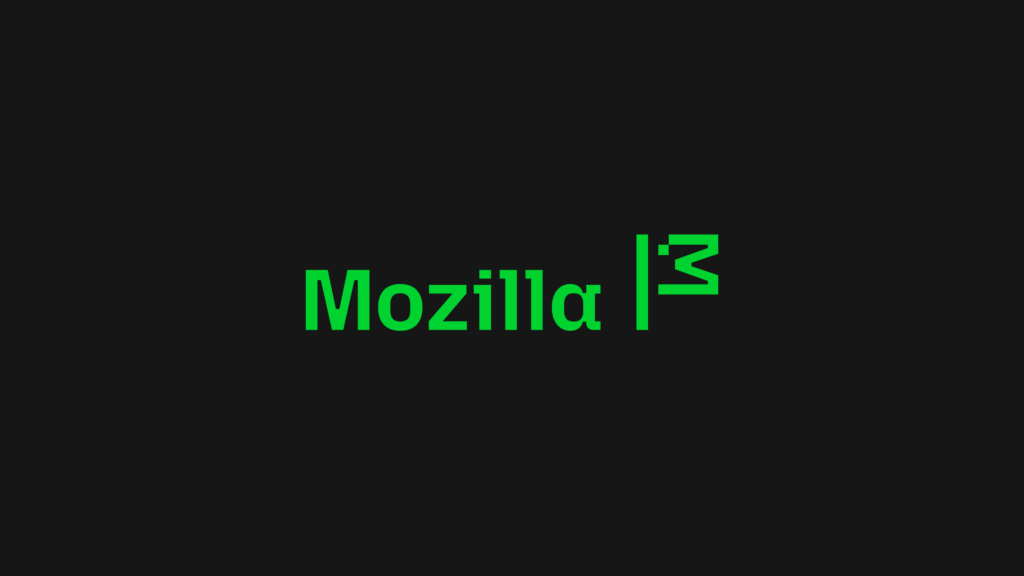Defending an open web: What the Google search ruling means for the future

Last week, Judge Amit Mehta issued a ruling in the remedies proceedings of the U.S. v. Google LLC search case. Among the issues addressed, one key aspect that stood out for us was the court's ruling on Google's search agreements.
The Court ordered changes to Google's search agreements to give browsers more flexibility. Under the court's decision, Google cannot restrict browsers from defaulting to or offering different search engines / generative AI services. They can also not prevent browsers from promoting these services.
Crucially, the Court considered but ultimately rejected a proposed ban on search payments to small, independent browsers like Firefox. If the ban had been enforced, it would have made it harder for independent browsers to compete, effectively reducing competition in the browser market.
In his reasoning, Judge Mehta cited Mozilla's testimony, recognizing that banning payments to smaller browsers would harm innovation, competition, and consumers, and would threaten the pro-competitive role of Mozilla in the ecosystem. Ensuring that Mozilla's Gecko - the only independent browser engine left - can continue to compete with Google and Apple is vital for the future of the open web.
The court also required a range of data sharing remedies - narrowing the scope of those proposed by the Department of Justice and State Attorneys General, while broadening their access. As Mozilla has discovered first-hand through previous antitrust cases and the implementation of the EU Digital Markets Act, ensuring that such remedies are effective in restoring competition requires careful attention and monitoring. Careful thought must also be given to protecting user privacy and security.
It will also be critical to ensure that these data remedies avoid simply transferring power from one tech giant to another - particularly given the focus on facilitating greater search competition through AI providers.
This balance is something we've stressed throughout the trial. True competition in search starts with a healthy marketplace, one where small and large companies can compete on merit, where consumers have choice, and where the best new products, features, and ideas have a chance.
As this case continues to unfold, one thing won't change: Mozilla's commitment to an internet that's open, accessible, and built for the public good. We've historically met market and regulatory shifts with creativity and care. Each moment has helped us grow and discover new ways to live out our mission, and we're invigorated about the path forward.
The post Defending an open web: What the Google search ruling means for the future appeared first on The Mozilla Blog.